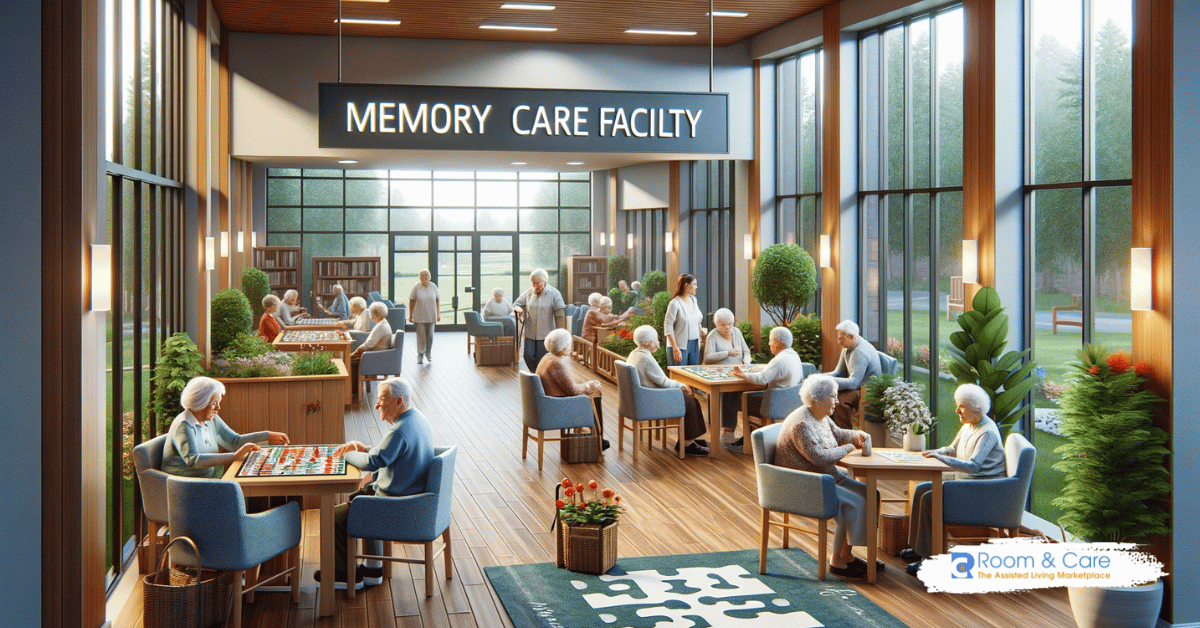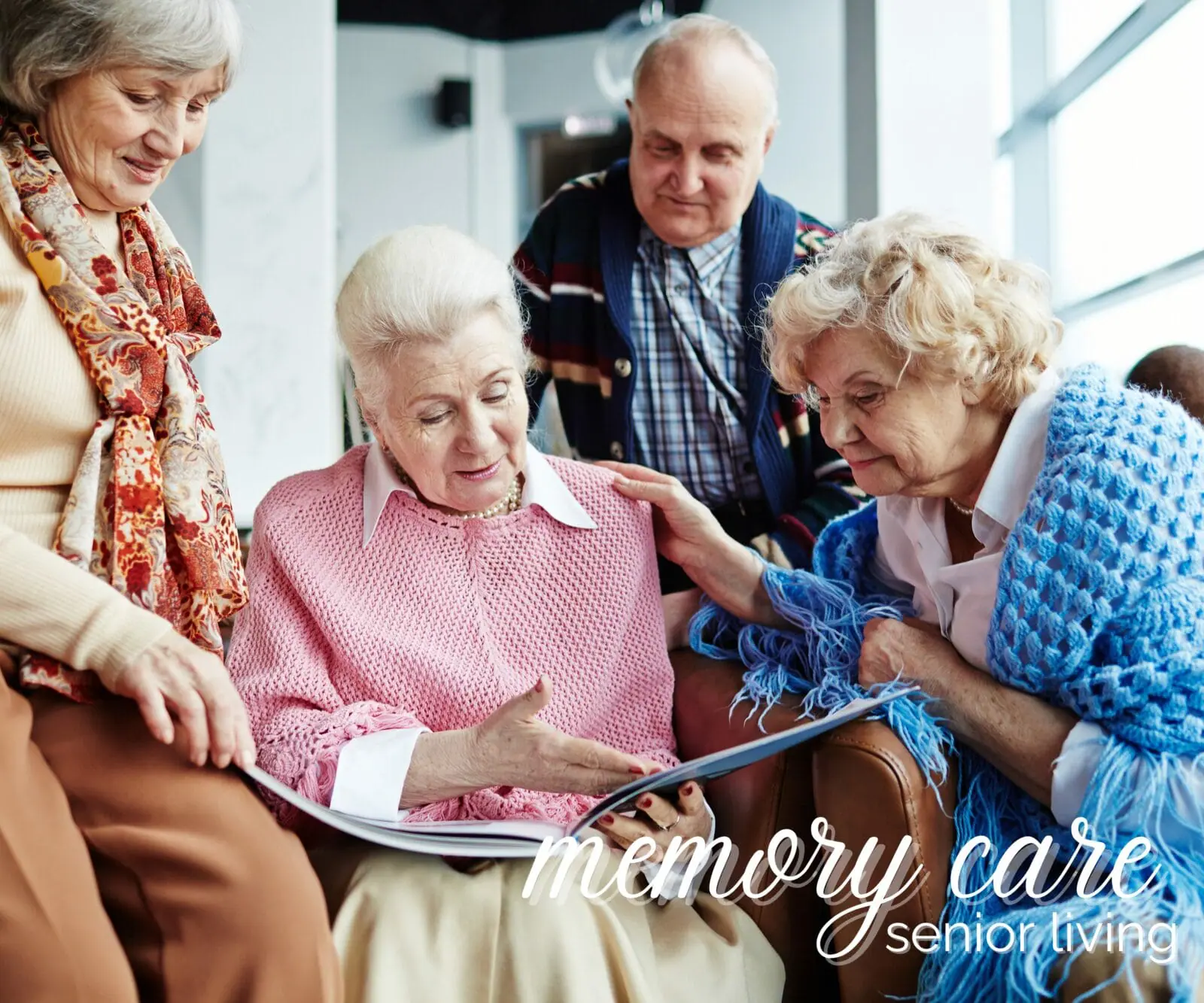Creating a Safe and Helpful Environment for Alzheimer's Treatment
The development of a supportive and secure environment for people with Alzheimer's is critical in boosting their lifestyle. This entails not only physical adjustments within the home, such as reducing threats and integrating acquainted aspects, yet also the execution of structured regimens and purposeful activities that accommodate their cognitive needs. Comprehending the psychological and emotional measurements of treatment can significantly affect their feeling of protection and connection. Checking out these diverse strategies can reveal vital understandings right into effective caregiving techniques that might change the day-to-day experiences of both patients and caregivers.
Understanding Alzheimer's Demands
Regularly, people with Alzheimer's condition show a series of needs that require tailored approaches to care. As the problem proceeds, cognitive decrease materializes in different methods, impacting memory, reasoning, and also the capacity to do everyday activities. Caregivers have to identify these progressing requirements to offer appropriate support and make certain a greater top quality of life for those influenced.
One essential facet of comprehending Alzheimer's needs is recognizing the relevance of regular and familiarity. People frequently locate convenience in recognized patterns, which can reduce anxiousness and confusion. Caretakers must strive to develop structured daily timetables that integrate purposeful tasks aligned with the individual's rate of interests and abilities.
Additionally, reliable communication is paramount. People with Alzheimer's may battle to express themselves or comprehend intricate language. Caregivers need to employ straightforward, clear language, use non-verbal signs, and practice energetic listening to promote understanding and link.
Finally, social and psychological needs can not be ignored. Providing chances for social communication and maintaining connections can significantly improve psychological well-being. Caretakers need to encourage interaction in community activities or family members gatherings, promoting a sense of belonging and objective. Recognizing these varied demands is important for producing an encouraging care atmosphere.
Creating a Safe Home
Developing a secure home for people with Alzheimer's illness is vital to decreasing dangers and advertising independence. The design of the space must focus on security while allowing for individual convenience. Get rid of prospective dangers such as loose rugs, sharp things, and clutter, which can lead to falls or crashes. Make sure that pathways are clear and well-lit, as correct illumination reduces disorientation and boosts wheelchair.
Including adaptive attributes is likewise essential. Mount grab bars in restrooms and near stairs, and take into consideration utilizing non-slip mats in damp areas. Additionally, making use of contrasting shades for floors and walls can help in distinguishing areas, helping to reduce complication.
Experience is important for individuals with Alzheimer's. Individualizing the environment with acquainted things and photos can strengthen a sense of belonging and safety - Alzheimers Care Charlotte. It is also beneficial to have a marked location for day-to-day tasks, such as analysis or crafting, which can give structure to their day
Finally, applying a secure exterior room enables safe expedition while getting in touch with nature. By thoughtfully designing the home atmosphere, caretakers can dramatically boost the lifestyle for individuals living with Alzheimer's illness.
Enhancing Communication Abilities

Non-verbal communication, including faces, gestures, and touch, plays an important role in sharing compassion and understanding. Preserving eye contact and a tranquil demeanor can enhance the comfort level of the person, advertising a sense of safety.
Moreover, it is necessary to practice energetic listening. This includes being fully existing, showing perseverance, and enabling the individual to reveal themselves without interruption. Rep may be essential; caregivers need to be prepared to review questions or topics, as people with Alzheimer's may battle with memory recall.
Furthermore, making use of visual help or hints, such as photographs or acquainted objects, can promote recognition and engagement. Ultimately, boosting communication abilities is about developing trust and producing an environment where individuals really feel heard, valued, and comprehended, thereby enhancing their top quality of life.
Encouraging Social Interaction
Promoting meaningful social interactions can substantially enhance the wellness of people with Alzheimer's disease. Engaging with others published here not only aids fight feelings of isolation however additionally stimulates cognitive function and emotional health and wellness. Structured social over here tasks, such as group games, crafts and arts, or songs therapy, create chances for homeowners to attach with peers and caregivers, which can result in enhanced state of mind and reduced stress and anxiety.
Producing a welcoming environment that encourages socialization is vital. This can be accomplished by preparing communal areas that assist in communication, such as comfy seating locations or task rooms. Additionally, incorporating acquainted and culturally pertinent activities can stimulate memories and motivate involvement, enabling individuals with Alzheimer's to feel more connected to their past experiences.
Furthermore, caregivers must be trained to recognize and advertise social engagement amongst citizens. By prioritizing social communication, we can considerably enrich the lives of those living with Alzheimer's, cultivating a sense of area and belonging.
Supporting Caregiver Wellness

To support caregivers, organizations need to offer routine training and instructional sources to boost their understanding of Alzheimer's disease and caregiving methods. Giving access to reprieve care solutions permits caretakers to take necessary breaks, decreasing anxiety and exhaustion - Alzheimers Care Charlotte. In addition, cultivating an area via support groups can facilitate emotional sharing and the exchange of practical guidance among caregivers, creating a network of mutual support
Mental health resources, such as counseling solutions, can additionally be essential in addressing the emotional toll caregiving can take. By focusing on caretaker health, we develop an even more find lasting caregiving atmosphere that not only benefits the caregivers themselves yet additionally improves the general top quality of treatment gotten by individuals with Alzheimer's. Ultimately, sustaining caretakers is an essential part in cultivating a effective and thoughtful treatment setting.
Conclusion
Finally, the development of a risk-free and supportive environment for people with Alzheimer's is necessary to improving their quality of life. By focusing on safety and security through thoughtful layout, promoting emotional health with acquainted elements, and advertising interaction via structured regimens, caregivers can dramatically affect the overall experience of those impacted by this condition. In addition, supporting caretaker wellness is crucial, as it inevitably contributes to an extra caring and effective care setting.
Repetition might be necessary; caretakers should be prepared to take another look at topics or concerns, as individuals with Alzheimer's may have a hard time with memory recall.
